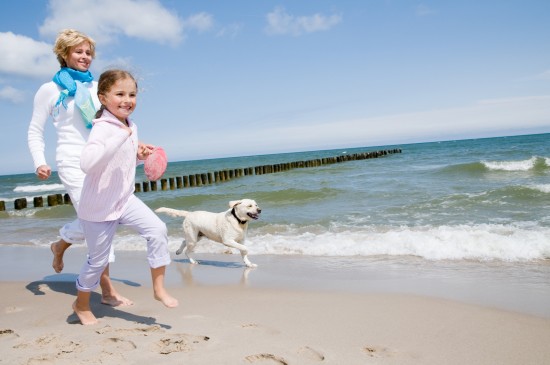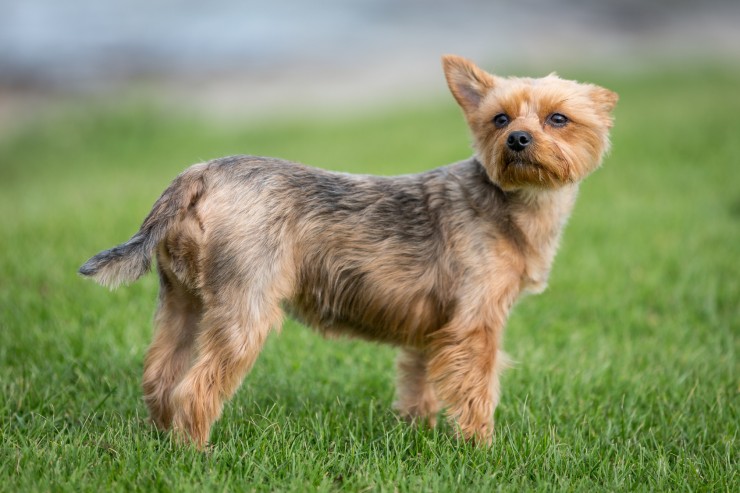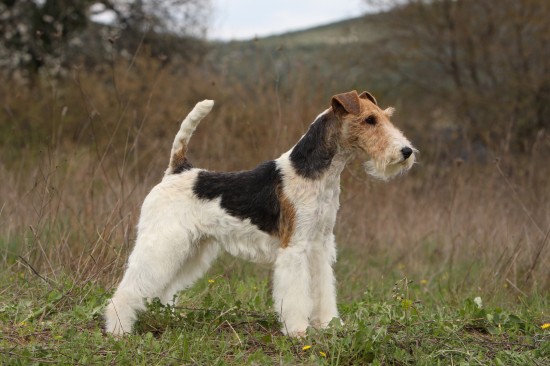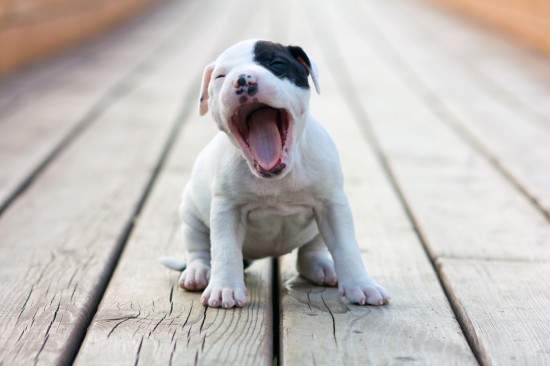
The causes of dog incontinence are broad and can vary in severity from simple problems to serious complicated ones. If the incontinence is left unchecked, the smell of urine will thicken and your dog's health will leave a lot to be desired. The treatment of this condition is best handled by a veterinarian. We will look at the common causes of incontinence to ensure you know what you are dealing with.
Some of the known common causes why your dog will pass urine involuntarily include but not limited to aging, birth defects, bladder infections, spinal cord or brain diseases, steroids/Cushing's, hormone responsive incontinence, and lastly but definitely not least, partial urethral blockage.
Aging: incontinence caused by aging is the most common type of condition which is why dog owners should be prepared to deal with it as their pets age. The condition can be as a result of mental disorders such as simple forgetfulness or dementia, weakened muscles, or other diseases such as cancer and diabetes. We should all prepare emotionally for the worst condition but still hope for the best results.
Birth defects: Ectopic ureter is the most common condition linked to dog incontinence. The ureters refer to the tubes that carry urine from kidneys to the urinary bladder and if any of them bypasses the bladder then chances of incontinence occurring are high. The condition will be visible early in the dog's life and is common in female miniature Labs, Collies, Terries, Siberian Huskies and Poodles.
Bladder infections: albeit bladder infections are not true incontinence, they sure can create a great unavoidable urges to urinate. E.coli bacteria are the most common infections, which accesses the bladder through the urethra. The infection mostly attacks aging dogs, those with inefficient bladders, or with weakened immune systems. Regardless of the fact that the infection is not necessarily linked to dog incontinence, as long as it causes involuntary urinating, then it should be addressed as a cause.
Spinal cord and brain diseases: a dog can dribble urine as a result of spinal injury or any other illness related to the brain or nervous system.
Steroids/cushing's: cushing's disease is a disease primarily noted in dogs and cause by a tumor in the adrenal glands or pituitary gland, or by steroids overuse. The common symptom is excess water intake, which leads to inability to control the bladder and thus incontinence.
Hormone-responsive incontinence: this is a condition common in spayed female dogs but can as well occur in male neutered dogs. The leak will occur involuntarily while the pet is resting or asleep.
Partial urethra blockage: this is the most serious of the common conditions because if left unchecked, your pet could die in a few days. It is quite weird that partial blockage is the reason for incontinence but it sure does happen. The blockage is cause by a tumor or stone (urolith) blocking the urethra.
These are the main causes of incontinence in dogs and can be reduced by the use of dog diapers while you look for treatment. There are many types and sizes of dog diapers to choose for your dog to keep the situation controlled before taking the dog to the best vet for diagnosis.
Liz Walkers is a writer who has a passion for animals. She has written numerous articles about dog health especially about dog incontinence. Just visit her website to read more tips on treating dog incontinence and buying supplies like dog diapers.
 The Therapeutic Benefits Of Owning A Dog
The Therapeutic B
The Therapeutic Benefits Of Owning A Dog
The Therapeutic B
 Complete Medical care of pet at Veterinary Clinics in Coquitlam
Complete Medical care of pet at Veterinary Clinics in Coqu
Complete Medical care of pet at Veterinary Clinics in Coquitlam
Complete Medical care of pet at Veterinary Clinics in Coqu
 Health Issues Commonly Seen In Yorkshire Terriers
Health Issues Com
Health Issues Commonly Seen In Yorkshire Terriers
Health Issues Com
 Fox Terrier Hereditary Health And Genetic Diversity
Fox Terrier Hered
Fox Terrier Hereditary Health And Genetic Diversity
Fox Terrier Hered
 What To Expect From Your Puppy At 8 To 12 Weeks
What To Expect Fr
What To Expect From Your Puppy At 8 To 12 Weeks
What To Expect Fr
Copyright © 2005-2016 Pet Information All Rights Reserved
Contact us: www162date@outlook.com